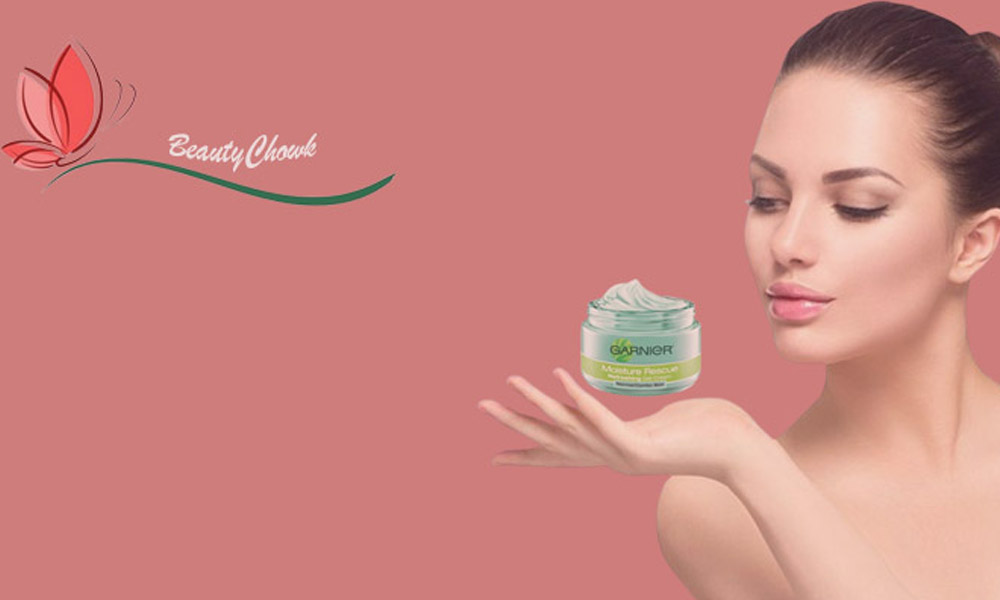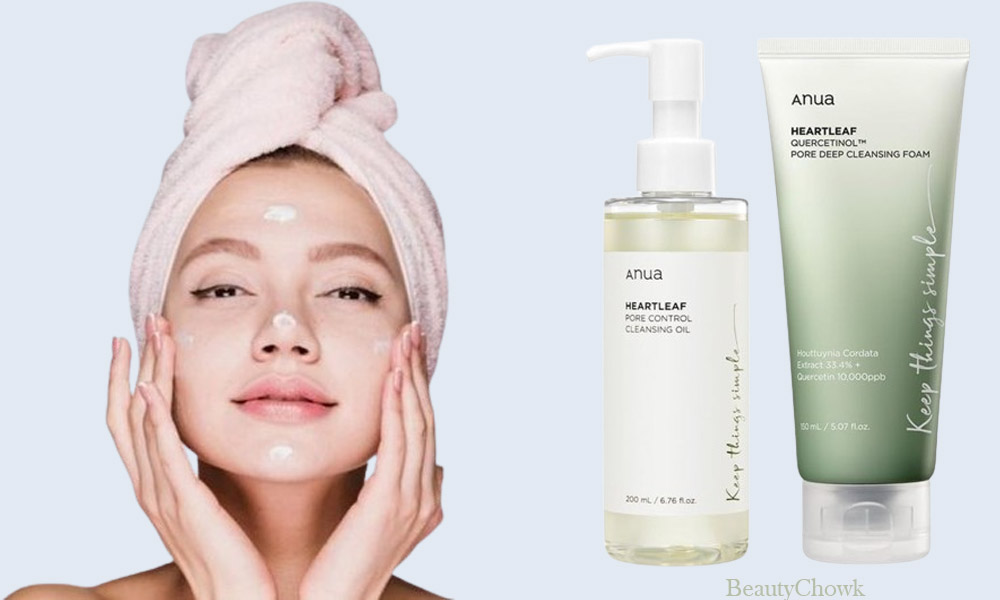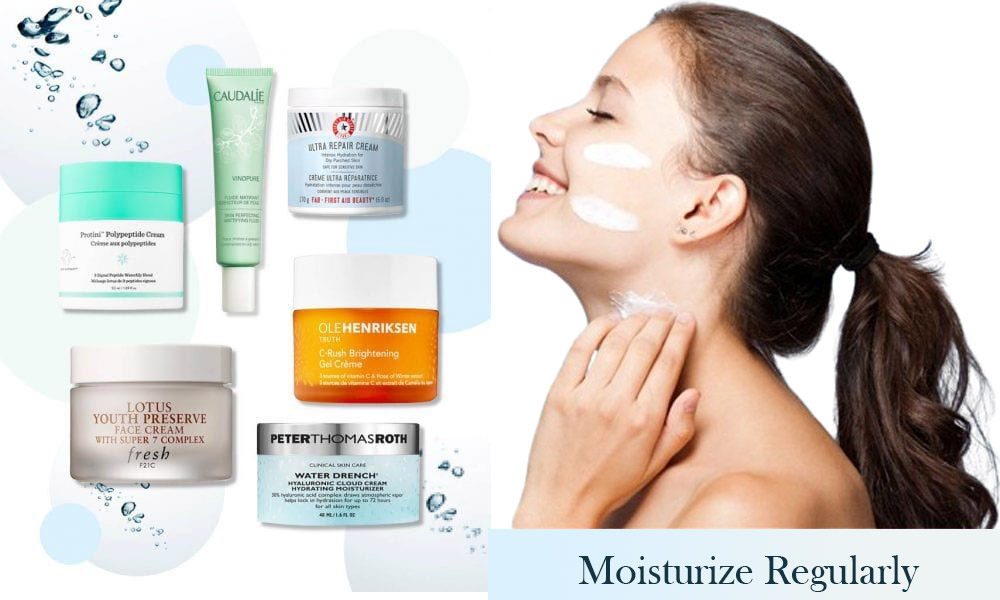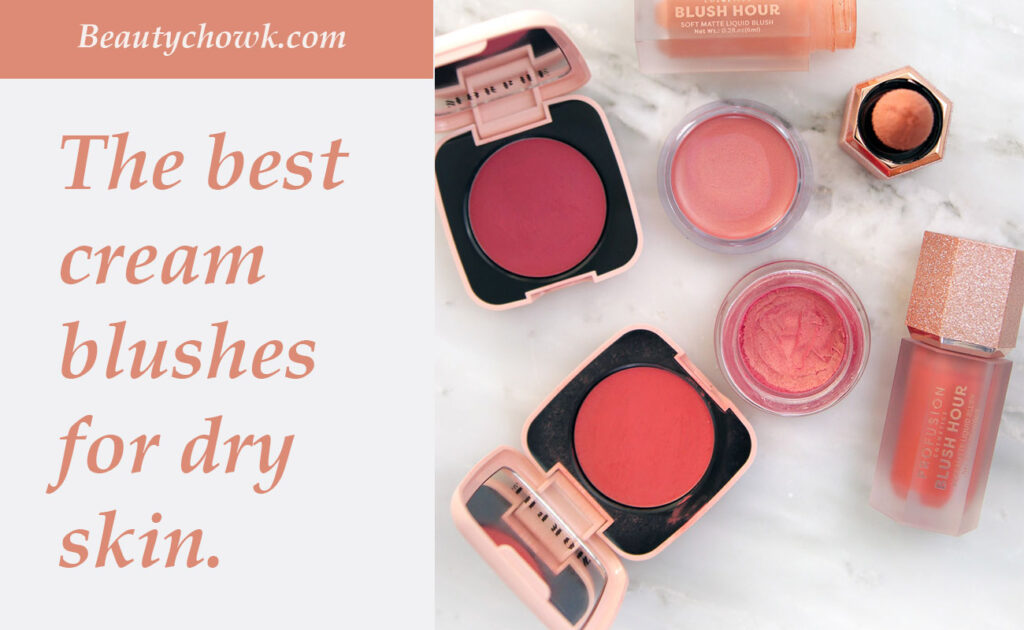Whenever your skin gets dry, you always need dry skin care tips and extra care. Dryness of the skin occurs when the skin doesn’t retain enough moisture, resulting in a lack of hydration. Various factors cause dryness of the skin. Which includes environmental conditions, genetics, ageing, and certain lifestyle choices.
As we know, dry skin can have various effects on both the appearance and comfort of your skin. One of the primary visible signs of dry skin is flakiness and peeling. The skin may appear rough and uneven due to the shedding of dead skin cells. So the dry skin may become red and inflamed, especially in areas that are prone to friction or rubbing. The lack of moisture can make the skin more sensitive and prone to irritation.
Sometimes, dry skin care is required to avoid the appearance of fine lines and wrinkles. When the skin lacks proper hydration, it may lose its elasticity and suppleness. That’s why it contributes to the formation of wrinkles. In severe cases, dry skin can lead to cracking and fissures. This is more common in areas with thicker skin, such as the heels and elbows. So dry skin care is necessary on a daily basis.
Dry skin is more susceptible to environmental factors, such as extreme temperatures, wind, and UV radiation. Therefore, it is necessary to take dry skin care. This increased sensitivity can contribute to discomfort and skin damage. So persistent dry skin has to face conditions like eczema (atopic dermatitis) and contact dermatitis. Which is characterised by red, itchy rashes. Sometimes dry skin may compromise the skin barrier, making it easier for bacteria and other microorganisms to penetrate. Which potentially leads to infections. Visible signs of dry skin may affect an individual’s self-esteem. So this leads to feelings of self-consciousness or embarrassment.
It’s important to take dry skin care promptly to prevent these effects from worsening. By adopting a consistent skincare routine, staying hydrated, using moisturizers, and avoiding harsh skincare products can help alleviate dry skin and promote a healthier skin barrier. If dry skin persists or is associated with more severe symptoms, then dry skin care is recommended. So you should have to seek advice from a dermatologist for proper diagnosis and treatment.

Tips to help manage skin and dry skin care
Here are some tips to help manage and take dry skin care
Hydrate from within:
Drink plenty of water throughout the day to help keep your skin hydrated from the inside out.

Gentle Cleansing:
Use a mild, fragrance-free, and hydrating cleanser. Avoid hot water, as it can strip the skin of its natural oils. Opt for lukewarm water instead.

Moisturize Regularly:
Apply a rich, emollient moisturizer immediately after bathing or washing your face. Look for ingredients like hyaluronic acid, glycerin, and ceramides, which help lock in moisture.

Humidify Your Environment:
Use a humidifier, especially during the colder months or in dry climates. This helps add moisture to the air and prevents your skin from drying out.
Choose the Right Skincare Products:
Look for skincare products that are specifically designed for dry or sensitive skin. Avoid products with alcohol, fragrances, and harsh chemicals, as they can further dry out the skin.

Exfoliate Gently:
Use a gentle exfoliator 1-2 times a week to remove dead skin cells. This can help your moisturizer penetrate better and promote a smoother skin texture.
Protect Your Skin from Harsh Weather:
In cold or windy weather, protect your skin by wearing layers, including gloves and a scarf. Sunscreen is also crucial, as UV rays can contribute to dryness.
Limit Hot Showers and Baths:
Hot water can strip the skin of its natural oils, leading to dryness. Opt for shorter, lukewarm showers or baths.
Use Overnight Masks:
Apply a hydrating overnight mask or a thicker moisturizer before bedtime to provide intense hydration while you sleep.
Avoid Irritants:
Be mindful of products that may irritate your skin, such as certain laundry detergents, fabric softeners, or harsh soaps.
Consider Oils:
Some natural oils, such as jojoba oil, almond oil, or coconut oil, can be used to moisturize the skin. Apply a small amount to damp skin to lock in moisture.
Pat Dry, Don’t Rub:
After washing your face or showering, gently pat your skin dry with a towel instead of rubbing, which can cause irritation.
Stay Consistent:
Consistency is key when managing dry skin. Stick to your skincare routine, and don’t get discouraged if you don’t see immediate results. If your dry skin persists or worsens despite these efforts, it’s advisable to consult with a dermatologist for personalized recommendations and to rule out any underlying skin conditions.
The right makeup products for dry skin
If you have dry skin, choosing the right makeup products and techniques can help enhance your natural beauty and prevent makeup from accentuating dry patches. Here are some tips and product recommendations for makeup for dry skin:
Hydrating Primer:
Start with a hydrating primer to create a smooth base and boost moisture. Look for primers that contain ingredients like glycerin or hyaluronic acid.
Moisturizing Foundation:
Choose a foundation that provides hydration and luminosity. Look for formulas labeled as “hydrating,” “dewy,” or “moisturizing.” Liquid and cream foundations are generally better for dry skin than powder foundations.
Liquid or Cream Blush:
Opt for liquid or cream blushes instead of powder blushes. These formulations blend more seamlessly into the skin and add a natural flush without emphasizing dry patches.

Cream or Liquid Highlighter:
Highlighter can add a radiant glow to your skin. Cream or liquid highlighters work well on dry skin, providing a subtle and natural-looking luminosity.
Hydrating Concealer:
Use a hydrating concealer to cover any blemishes or dark circles. Concealers with moisturizing ingredients can prevent them from settling into fine lines.
Avoid Matte Finishes:
Steer clear of matte finishes in both foundation and setting powders, as these can accentuate dryness. Instead, opt for satin or dewy finishes for a more natural and radiant look.
Setting Spray:
Finish your makeup with a hydrating setting spray. This will not only set your makeup but also add an extra layer of moisture to your skin.
Avoid Over-Powdering:
Limit the use of setting powder, especially in areas prone to dryness. If you need to set your makeup, use a minimal amount of a finely milled, translucent powder.
Moisturize Before Makeup:
Always start your makeup routine with a well-moisturized face. Allow your moisturizer to absorb fully before applying any makeup.
Gentle Makeup Removal:
Use a gentle and hydrating makeup remover to take off your makeup at the end of the day. Avoid harsh products that can further strip your skin of moisture.
Skincare First:
Prioritize your skincare routine. Regular exfoliation and proper hydration are essential for maintaining healthy and radiant skin, which will enhance the overall look of your makeup.

